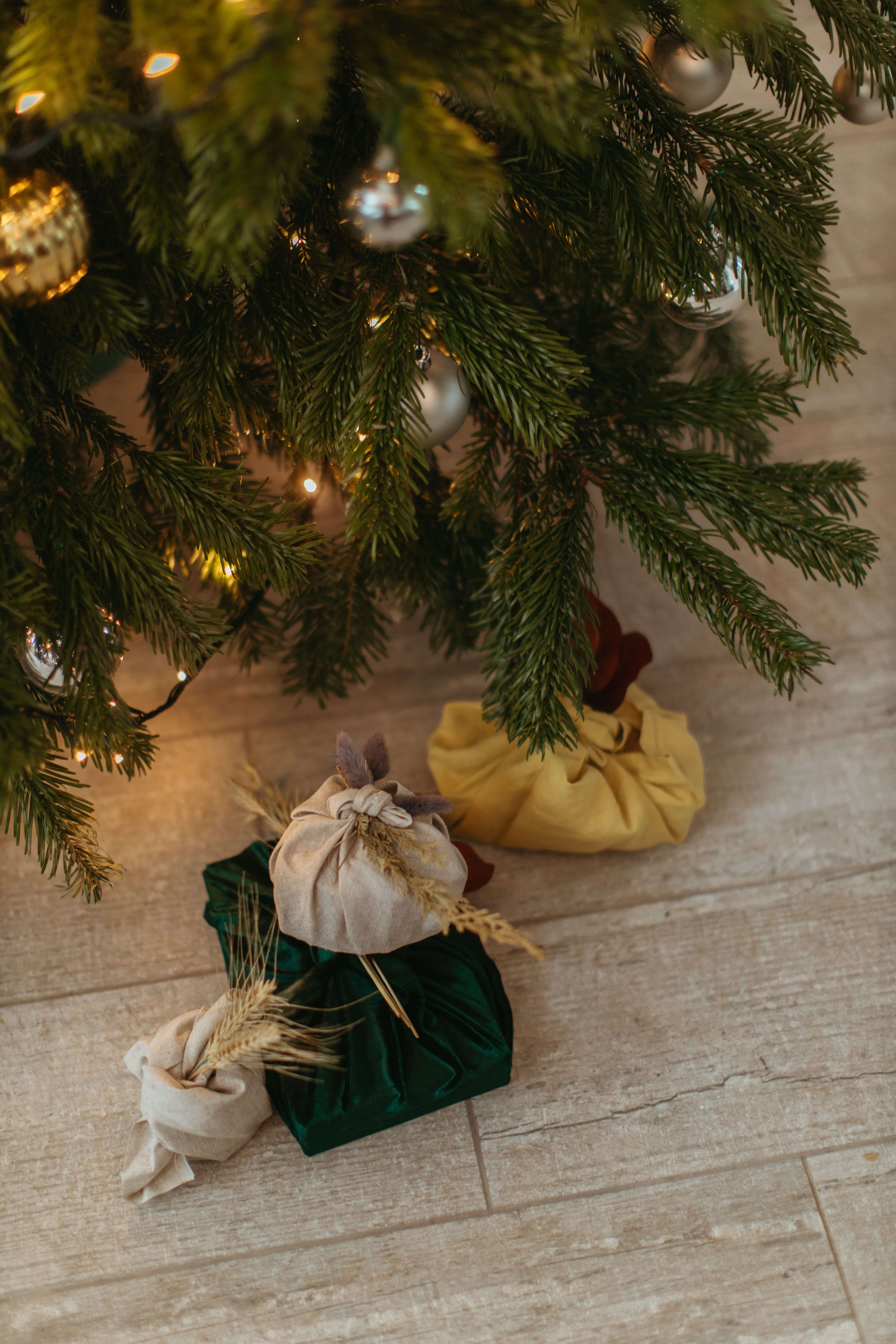How to have a sustainable festive season
It’s beginning to look a lot like Christmas - and it’s already plain to see in our rubbish bins.

Cardboard boxes from online shopping are stacking up and by the end of the festive period, we will have thrown away 1 billion Christmas cards.
According to the Department for Environment, Food and Rural Affairs, around 50,000 trees are cut down to make enough paper to wrap our presents in the UK.
Then there’s the millions of tonnes of plastic and food waste we will bin before New Year.
Here Dr Kamran Mahroof, Associate Professor of Supply Chain Analytics, who participated in and delivered a talk at COP28 and is pioneering a Sustainability Challenge for school children in West Yorkshire next year, gives seven tips on how to have a more sustainable festive break
- Food waste - According to WRAP - the Waste and Resources Action Programme - 100,000 tonnes of turkey end up in the bin every year, along with 1.3m tonnes of vegetables. We are all guilty of going overboard during the festive period, indulging in nibbles and chocolates and piling our plates high. First and foremost, leading up to the festive period, familiarise yourself with local foodbanks. Do it now, so you can donate leftover food from family get-togethers for a greater cause later. You can also get creative with your leftovers and upcycle your meals, think turkey sandwiches, vegetable soups and stews, and if all else fails, don’t be afraid to freeze food for a later date.

Pictured above: Dr Kamran Mahroof
- Wrapping - The volume of wrapping paper thrown away at Christmas in the UK alone would stretch to the moon! So, either use eco-friendly wrapping paper, or if you are feeling a little more adventurous, fabric wrap your gifts. It is very common in Japan to wrap and/or to transport goods in fabrics, it looks better and will make your gifts stand out.
- Energy - You will most likely be travelling to visit family and friends, so do the environment and your energy bill a favour and turn off all your appliances and unplug your decorative lights when you’re not at home. Simple but effective.
- Fashion - Walk into any clothes shop now and you’ll be blinded by all the sequins and glitter (I’ll come onto glitter a little later – see final tip). We all want to look good for festive parties, but a new outfit doesn’t need to cost the earth. Add a new accessory to an existing outfit, no one is going to notice you're wearing the same as three years ago and if they do, you might just inspire them to do the same."
-555x416.jpg)
- Fuel - The average family will travel 339 miles visiting family and friends and going to parties over Christmas. In the UK, transport is responsible for emitting more greenhouse gases than any other sector. Where possible, car share. Choose the host location based on the one which amasses the lowest road miles for ALL visitors, not just you. Save time and fuel - three families travelling 15 miles on average to get to a location is better than two families travelling 10 miles and one family travelling 50 miles.
- Presents - "The rising cost of living meant around a third of the population vowed to buy fewer gifts last Christmas. Meanwhile, a British Heart Foundation survey showed a third of Brits intended to buy from charity shops last year, with second-hand books, toys and clothes topping their lists. Do it different this year: gift an experience which doesn’t need to take place during the festive period."
- Glitter - "It’s going to sound controversial, but avoid glitter! The glitter you used 10 years ago, probably still exists – but most likely made its way into the ocean, in soil or dare I say (due to its size), it may have been consumed by your pets or by you. Plastic glitter isn’t biodegradable and is a contaminant, making products that you may normally wish to recycle, such as wrapping paper, no longer recyclable."
